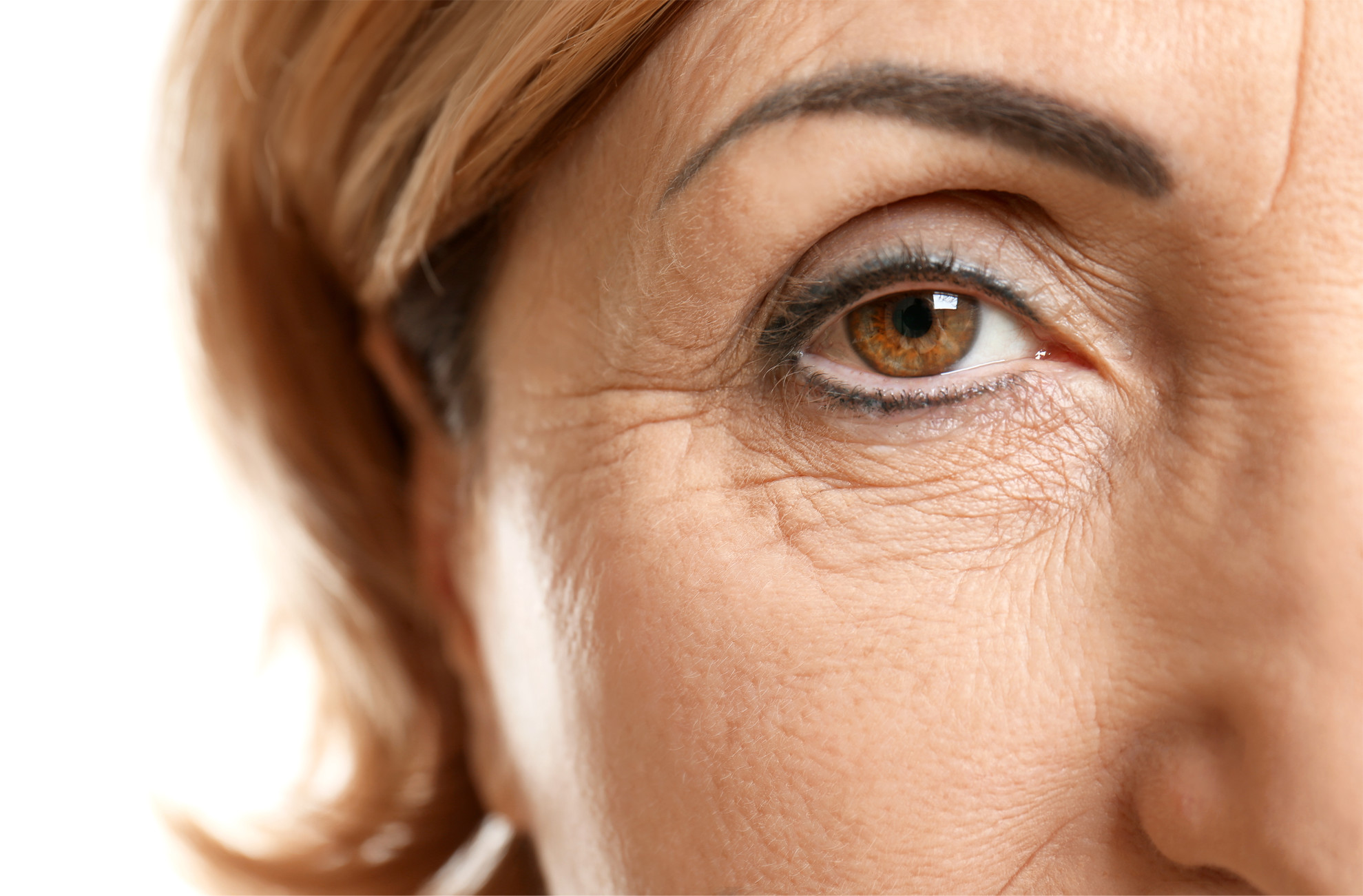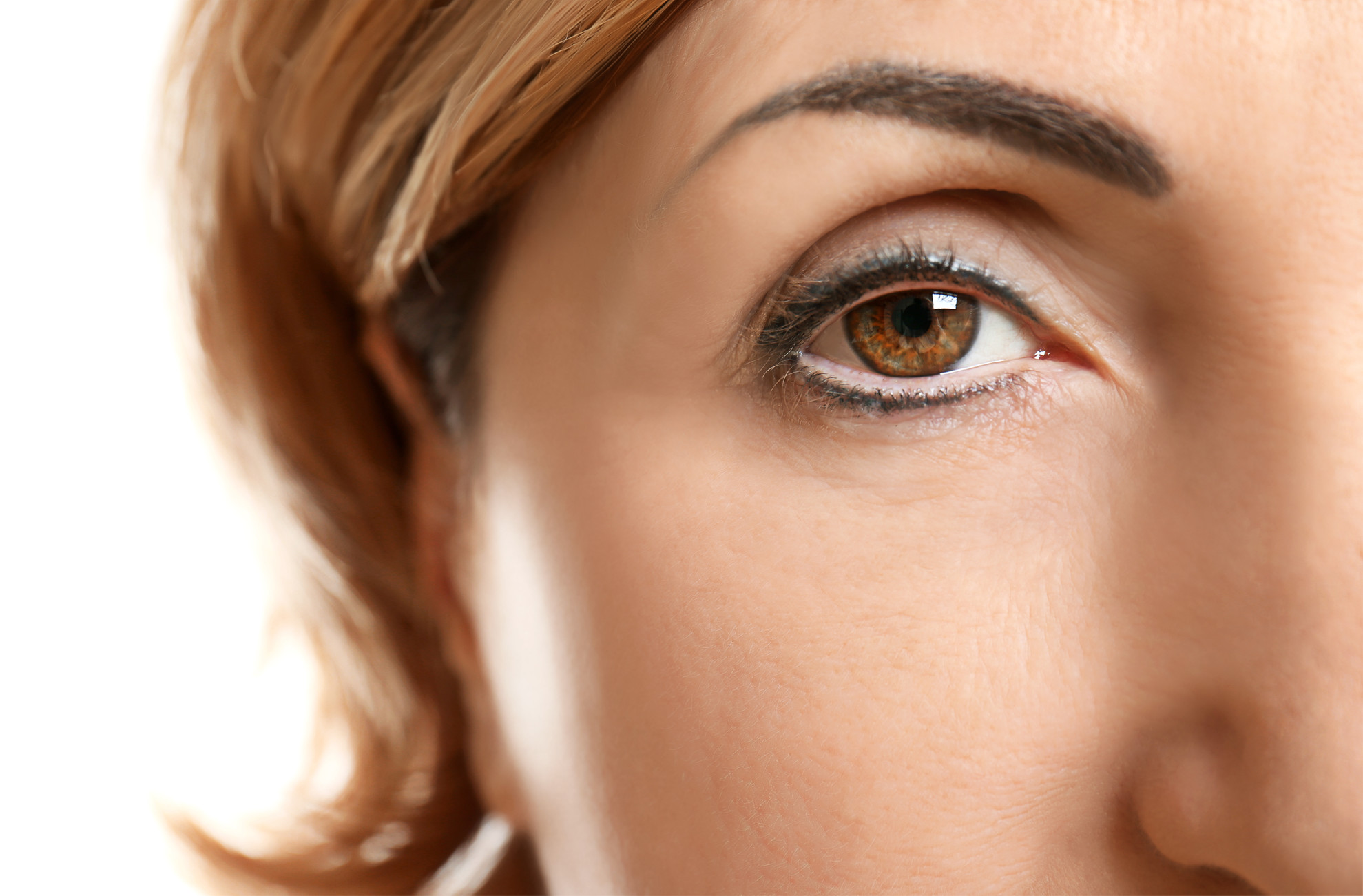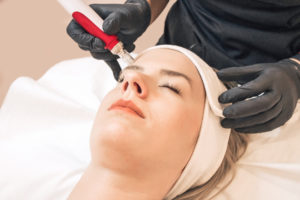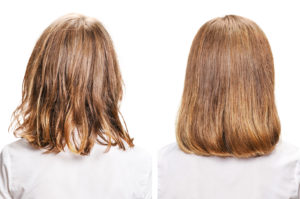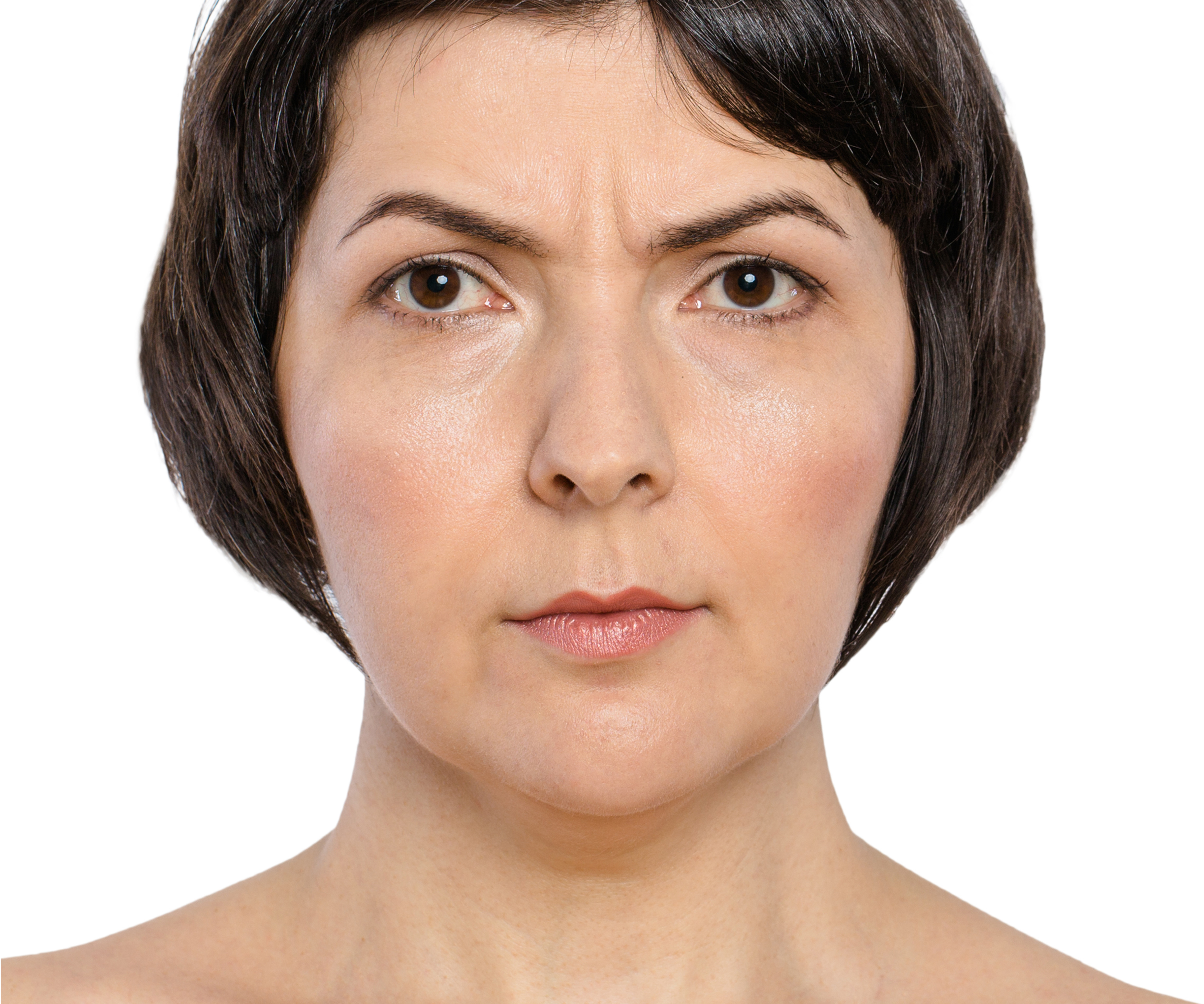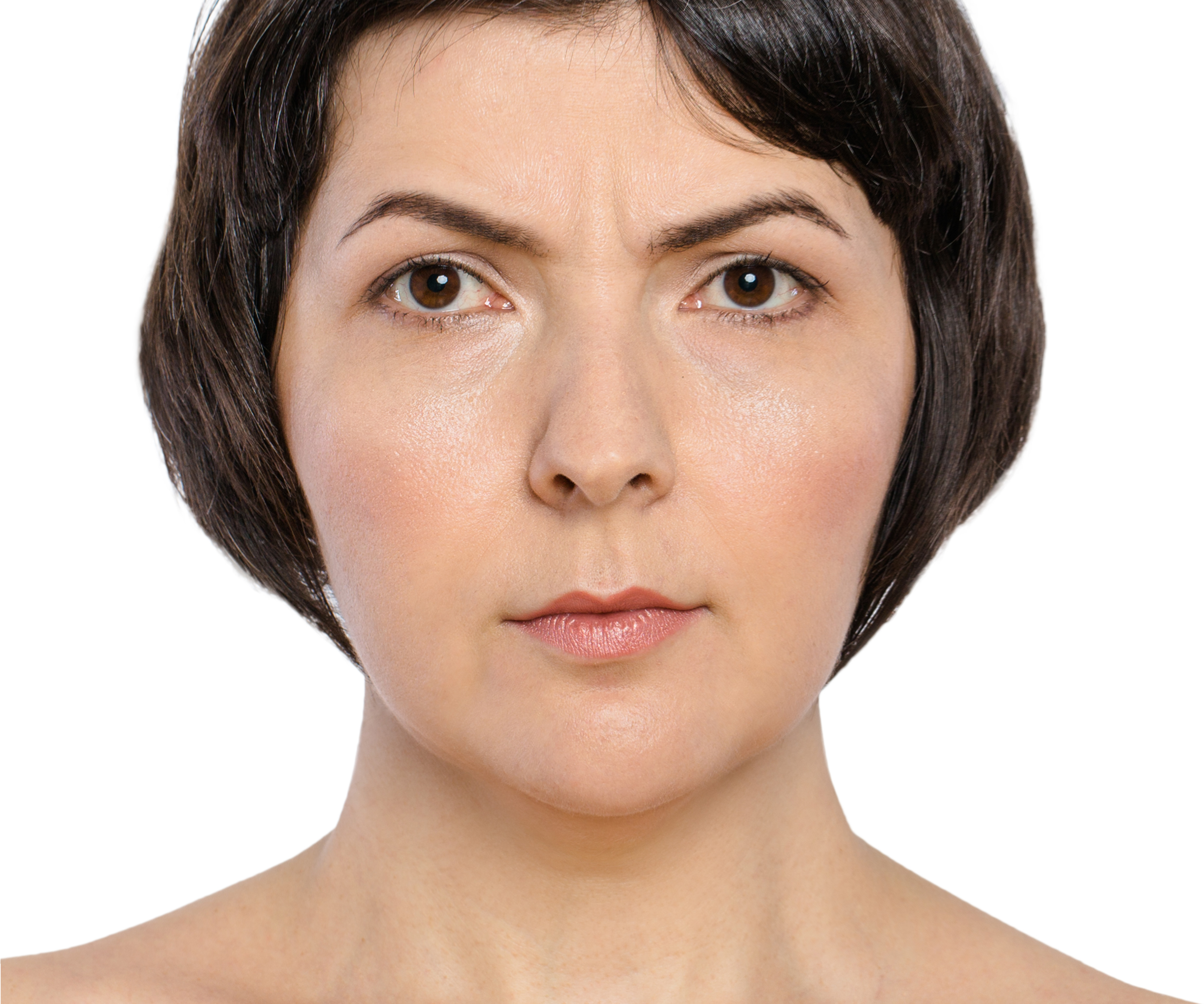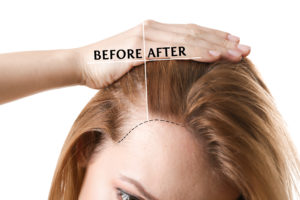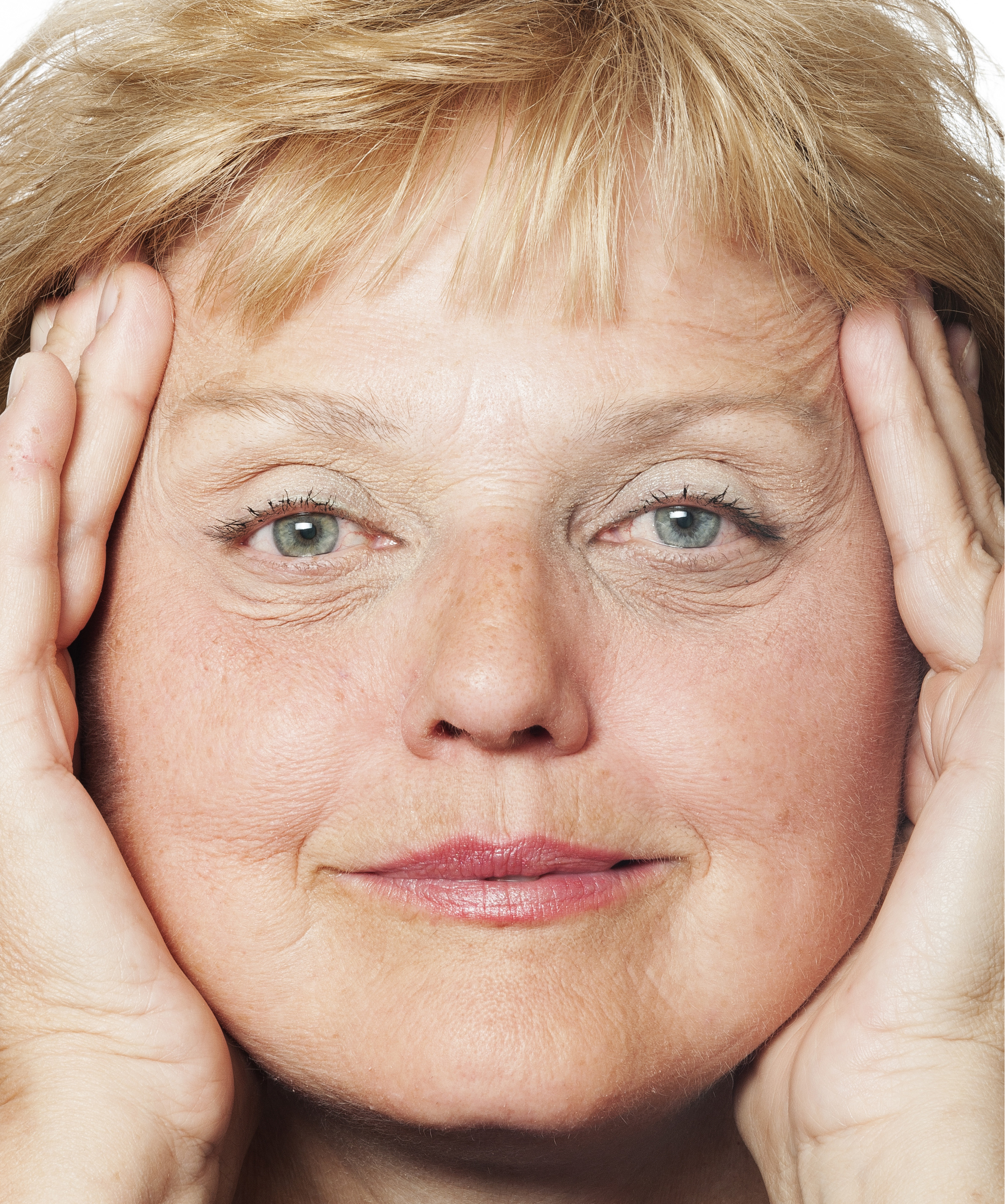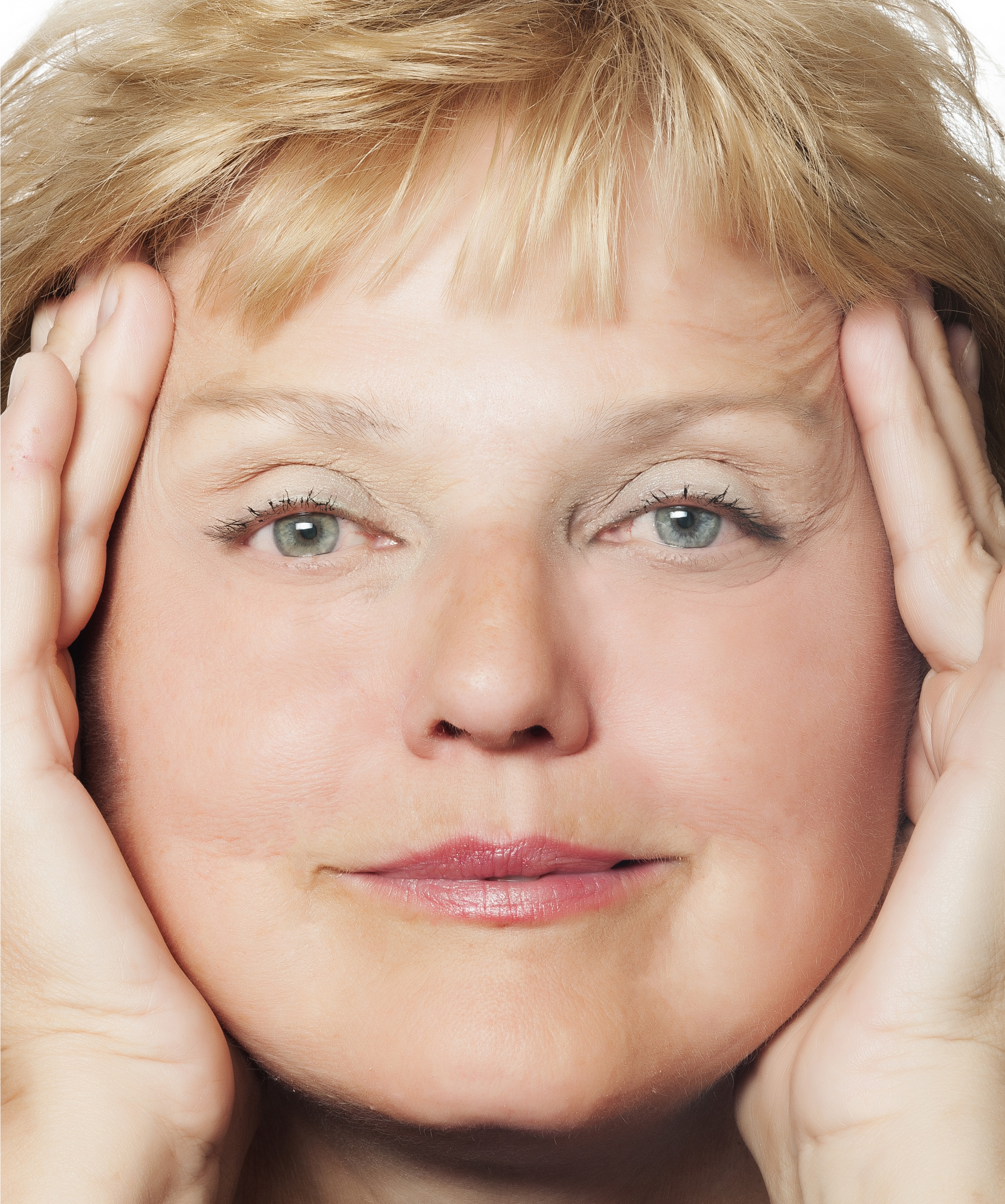How does hair loss develop?
Hair follicles go through growth cycles, spending years growing and supporting hairs, then entering a phase where hairs are shed and the follicles become dormant for a few months.
Women normally lose 50 to 100 hairs every day, but this natural shedding is seldom noticed because new hairs are growing from follicles that are still in the active phase. Hair loss occurs when the cycle is disrupted, you have more dormant than active follicles, or when the follicles are damaged.
What causes hair loss in women?
Hair loss can arise from many different causes, so when you have an appointment at Medical Associates of Princeton, the doctor’s job is to get to the bottom of the problem so that you can receive appropriate treatment. The primary causes of hair loss in women include:
Telogen effluvium: When you experience a traumatic experience, illness, or take certain medications, up to 90% of the hair follicles in an active growth phase can suddenly shift into a resting phase, causing you to lose a significant amount of hair. Some of the most common causes include:
- Stress
- Thyroid disease
- Nutritional deficiencies
- Crash or liquid diets
- Surgery
- Childbirth
- Infection
- Medications (anticoagulants, anticonvulsants, antithyroid medication, hormone therapy)
Androgenetic alopecia: Also known as female pattern baldness, this type of hair loss is caused by hormonal changes. Heredity plays a significant role, but the loss is often triggered by ovarian cysts, some types of birth control pills, pregnancy, and menopause. In female pattern baldness, women usually have diffuse thinning all over the scalp.
Traction alopecia: Hairstyles that pull the hair, such as tight ponytails, braiding, cornrows, and extensions can traumatize follicles when hair is frequently styled that way.
Anagen effluvium: This is the hair loss caused by chemotherapy, which interferes with the metabolic activity of hair follicles and causes hair loss, even from follicles in the growth phase.
How is hair restored at Medical Associates of Princeton?
In addition to treating underlying health conditions affecting hair loss, the Medical Associates of Princeton may recommend restoring your hair using mesotherapy, which doesn’t help female pattern baldness, but is successful for treating hair loss from other causes.
Mesotherapy consists of small injections of vitamins, amino acids, minerals, and medications, which are delivered into the skin using a tiny needle specially designed for this procedure. As active ingredients are deposited near the hair follicles, they provide focused treatment that can stimulate hair regrowth.

